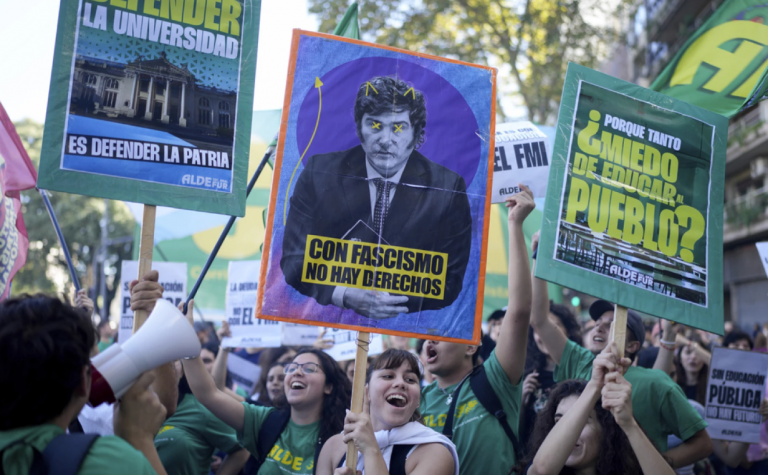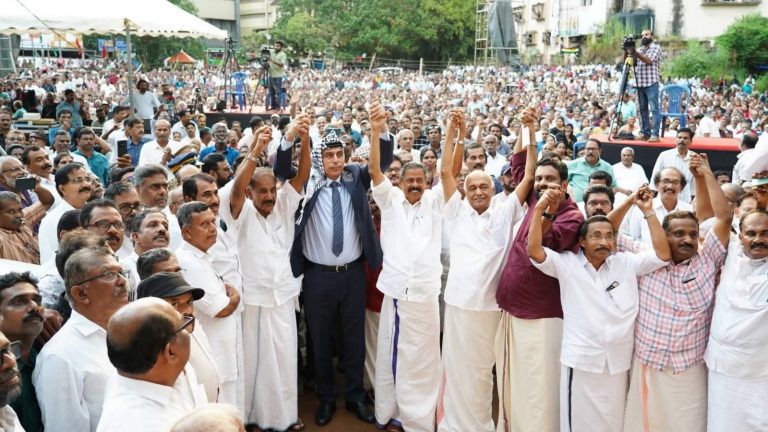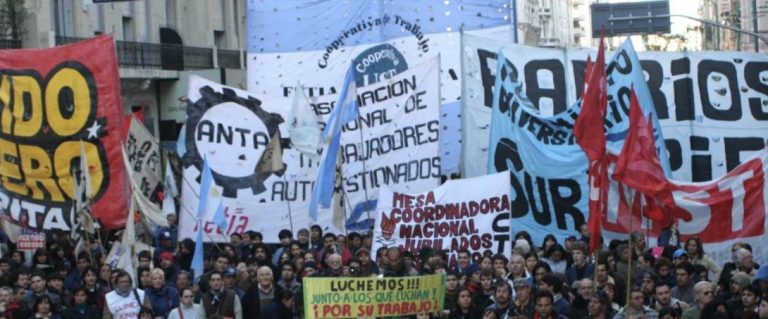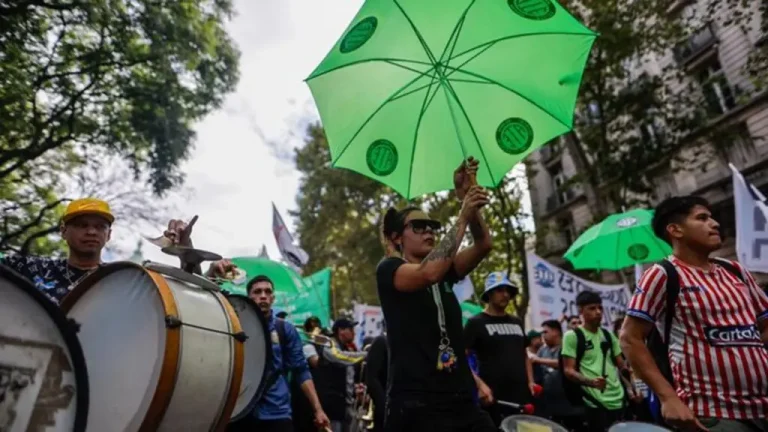Milei Launches ‘Isaac Accords’ To Expand Israeli Influence
Argentinian President Javier Milei formally launched the Isaac Accords on 29 November, a new initiative aimed at strengthening political, economic, and cultural cooperation between Israel and Latin America.
Milei announced the initiative following a meeting with Israeli Foreign Minister Gideon Saar, who visited Buenos Aires on Saturday as part of a regional diplomatic tour.
The Isaac Accords are being promoted in partnership with Washington and are modeled after the Abraham Accords, which normalized relations between Israel and several Arab countries, including the UAE, Bahrain, and Morocco.















